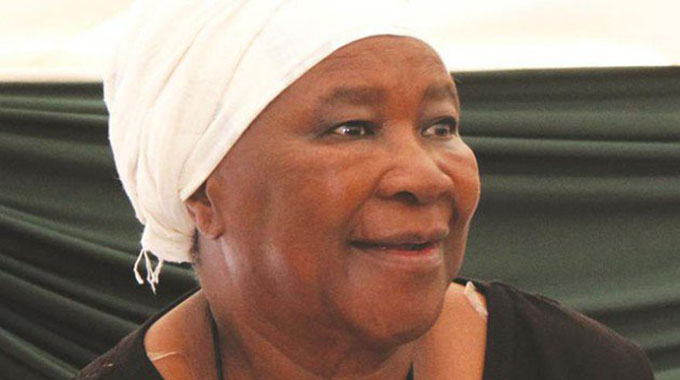South Africa, as an iGaming market, is attracting increasing attention due to its fast-growing economy and active audience of gambling enthusiasts. According to the SOFTSWISS report, the region promises to be the next Brazil in the iGaming world. The study offers a unique perspective on the peculiarities of this market, revealing interesting details and trends that are shaping its future. With Turfsport’s expertise at its disposal, SOFTSWISS provides valuable information for those interested in this promising segment of the gambling industry.
Provincial licensing specifics
In South Africa, provincial gambling licensing plays an important role in regulating the iGaming industry. The country has nine provincial regulatory bodies responsible for issuing licenses for various types of gambling, such as online sports betting. Each of these bodies operates within its own province and has independent jurisdiction.
This means that iGaming operators must take into account the specifics of each province’s regulatory framework in order to obtain the necessary licenses to run their business. This approach makes the regulatory process more flexible, allowing provincial regulators to respond to the specific needs and requirements of their regions.
As Turfsport CEO Christian Neuberger notes, despite national legislation continuing to restrict interactive gaming across the country, some provincial gaming boards have taken the lead in recent years to expand fixed odds betting opportunities. This has led to a dramatic increase in iGaming revenues and taxes from the gambling industry, which explains the increased interest in provincial licensing and expanding online gambling presence in the regions.
Sports betting is a key driver of the growing interest in online gaming and cybersports
Online sports betting continues to play a key role in the development of the iGaming market in South Africa, representing a major growth driver. It is anticipated that by 2024, approximately €24.3 million of the expected €51 million in iGaming revenue will come from the sports betting sector. There is a noticeable change in player preferences and market dynamics: horse racing is declining in popularity, while younger audiences are favouring other types of betting.
One interesting aspect of the sports betting market in South Africa is the growing popularity of betting on cybersports and fantasy sports. According to Statista, 51% of South African respondents expressed an interest in betting on cybersports, while 39% expressed a desire to engage in fantasy sports with real winnings. These figures indicate a rapidly growing interest in these segments, with South Africa outperforming countries such as the UK, the US, Brazil, India, Argentina, Mexico and Denmark. This indicates the potential for growth and development of new areas of sports betting, opening up new opportunities for operators and users.
Popular games among South Africans
In the world of iGaming in South Africa, there is an interesting dynamic in the gaming preferences of the audience. The rise in popularity of “crash” games such as Aviator is a clear example of the South African public’s preference for simplicity and instant results. Bonuses from casinos also contribute to this. For example, according to twinspinCA, many online casinos give new players no-deposit free spins on video slots, including Aviator and other crash games.
At the same time, traditional casino entertainment has not lost its appeal, and operators are actively adapting this content for online platforms, combining it with sports betting rules. This allows them to offer games reminiscent of classic casinos while remaining within the current legislation.
With the development of the mobile internet and the widespread use of smartphones, more and more people in South Africa are beginning to favour mobile gaming. This becomes particularly important given that a large segment of the population often does not have access to a personal computer or laptop. As such, operators have to actively focus on mobile compatibility and creating user-friendly interfaces in order to reach a wide audience. This not only allows gamers to enjoy a variety of content anytime and anywhere but also opens up new opportunities for operators in areas with limited access to desktop computers.














